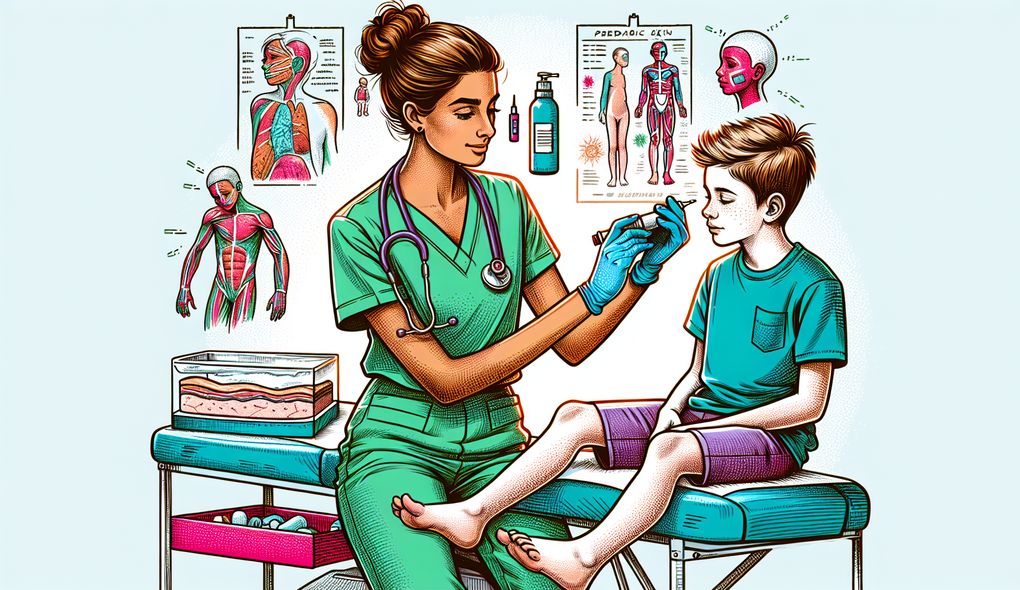Tell us about a time when you had to adapt your communication style to effectively communicate with a young patient.
JUNIOR LEVEL

Sample answer to the question:
I had a young patient who was very anxious about getting a biopsy done. I knew that I needed to adapt my communication style to help ease their fears and make them feel more comfortable. I first explained the procedure in simple terms, using language that a child could understand. I also used visual aids, such as diagrams and pictures, to help explain the process. Additionally, I asked the child if they had any questions or concerns and reassured them that I would be there with them throughout the procedure. By adapting my communication style to their level of understanding and providing support, I was able to successfully complete the biopsy and alleviate the patient's anxiety.
Here is a more solid answer:
I had a 7-year-old patient who was extremely anxious about a skin biopsy. To adapt my communication style, I knelt down to their eye level and used simple, age-appropriate language to explain the procedure. I also showed them visual aids, such as illustrations in a children's book, to help them understand what would happen. Recognizing their fear, I empathized with them and reassured them that I would be there throughout the entire process. I answered their questions patiently and explained each step as we went along. By adapting my communication style and providing emotional support, I was able to gain their trust and complete the biopsy successfully while minimizing their anxiety.
Why is this a more solid answer?
The solid answer provides specific details about the age of the patient, the use of visual aids, and the candidate's approach to addressing the patient's anxiety. It also highlights empathy and emotional support. However, it could still provide more insights into the candidate's thought process and the effectiveness of their communication style.
An example of a exceptional answer:
During my rotation in pediatric dermatology, I encountered a 5-year-old patient who was scared and uncooperative during the examination. To adapt my communication style, I used a combination of play therapy and distraction techniques. I brought in age-appropriate toys and engaged the patient in a conversation about their favorite cartoon characters. This helped build rapport and put them at ease. As we proceeded with the examination, I explained each step using simple language and showed them a toy medical kit to demonstrate what I would do next. Throughout the process, I praised their bravery and provided positive reinforcement. By adapting my communication style to the patient's developmental stage and incorporating play therapy, I was able to establish trust, complete the examination, and alleviate the patient's fear successfully.
Why is this an exceptional answer?
The exceptional answer goes above and beyond by providing specific details about the patient's age, the use of play therapy and distraction techniques, and the candidate's approach to building rapport and trust. It also emphasizes the importance of positive reinforcement. The answer demonstrates a deep understanding of child psychology and effective communication strategies in a pediatric setting.
How to prepare for this question:
- Brush up on child psychology and development to understand how to adapt communication styles to different age groups.
- Learn about play therapy and distraction techniques as effective methods to engage young patients and alleviate their anxiety.
- Practice explaining medical procedures using simple language and consider using visual aids or props to enhance understanding.
- Reflect on past experiences where you successfully communicated with young patients and think about the strategies or techniques that worked well.
- Develop a strong understanding of common pediatric dermatologic conditions and potential treatment options to provide comprehensive care.
What are interviewers evaluating with this question?
- Communication skills
- Empathy
- Ability to work with children

